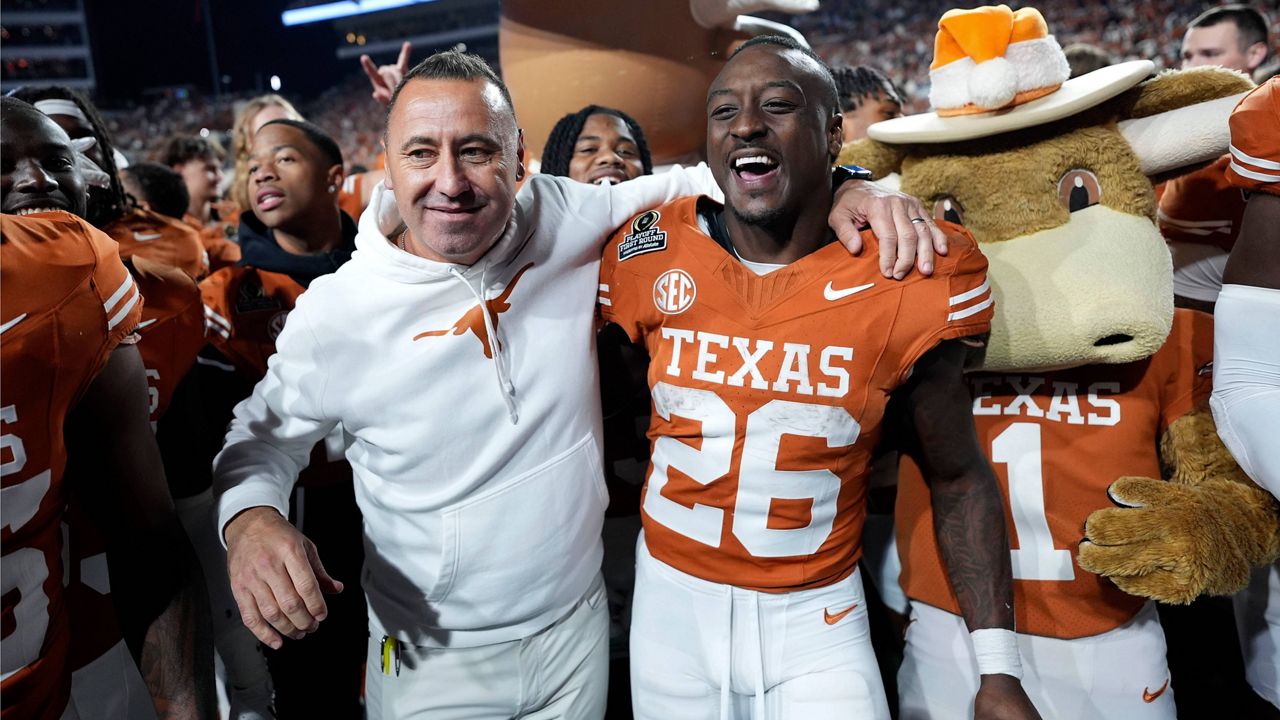Travel
Some airline issues get you a refund, some don’t. How it works | Cruising Altitude

New DOT rules target hidden airline fees, refunds
New Dept. of Transportation rules aim to cut down on hidden airline fees and give quicker refunds. The rules goes into effect in October, 2024.
John Schrier was traveling home to New York from Taipei last month and said the flight was interminably boring.
“As we boarded, you could see that about half of the screens had a black screen,” he told me. “Half of us were not able to watch an entertainment system.”
Schrier said he reached out to the Taiwanese airline EVA Air on multiple platforms, including on social media during the flight, but said he initially had no luck hearing back or getting reimbursed for the inconvenience of a transpacific flight with no inflight entertainment.
Unfortunately for Schrier, it’s unlikely that compensation will be required. Airlines have conditions attached to every ticket, known as contracts of carriage, that outline their minimum obligations to passengers. Contracts of carriage, coupled with rules from regulators like the Department of Transportation, give passengers their basic rights when flying – but seatback screens are not usually considered mandatory equipment, even if they’re advertised as an available amenity.
Nevertheless, the DOT recently announced new rules that give consumers increased protections when other kinds of things go wrong, so here’s what you need to know about what is and isn’t a reimbursable offense by an airline these days.
What is an airline contract of carriage?
Airline contracts of carriage are the terms and conditions that passengers agree to when they fly. Travelers automatically sign on when they purchase their tickets, even if they don’t have to formally sign a document. The contracts typically outline an airline’s commitments for transportation, as well as what happens if your flight is delayed or canceled and other fine print related to your itinerary.
“Some airlines have a customer bill of rights to basically simplify the airline contract of carriage, but essentially it’s what’s allowed, what’s not allowed, but everybody has a little bit different verbiage,” Loulu Lima, founder of the Texas-based travel agency Book Here Give Here, told me.
If you want to comb through the fine print, airlines make their contracts of carriage available on their websites. EVA’s contract, which covered Shrier’s trip, includes terms and conditions on how tickets can be used and (not) transferred, how stopovers work, what kinds of delays or cancellations make a passenger eligible for a refund and other assorted policies.
“It’s going to depend on the airline. An American airline is going to have a different set of rules than an Asian one,” Lima said. “The rules are really written based on the country of the corporate office.
Here are the contracts of carriage for each of the major U.S. airlines, if you want to take a look:
Can passengers get a refund for broken inflight entertainment?
Usually not.
“If you have status, you might get some loyalty points out of it, but other than maybe going on social media and making a big stink about it you’re probably not going to get anything,” Lima said.
Some airlines are also more accommodating than others and may voluntarily give passengers credits when something like that goes wrong. A few years ago, I was flying on Delta, and my seatback screen was broken, and they gave me about 2,500 SkyMiles as a goodwill gesture.
Shrier said EVA eventually offered him about $100 in compensation.
Last week’s Cruising Altitude: Another Boeing plane issue? Don’t fall for the headlines.
New Department of Transportation rule increases traveler protections
While inflight entertainment isn’t typically considered critical equipment by an airline, which means it’s safe to travel even if those seatback screens aren’t working, the DOT recently announced new rules that help guarantee protections and refunds for other kinds of issues in the air.
Part of the change mean:
- Airlines will have to automatically issue refunds within 20 days if a passenger’s flight is canceled or significantly delayed (over three hours) and they choose not to travel on alternative flights offered.
- If a traveler pays a checked bag fee and their bag is significantly delayed, they’ll be entitled to a refund of the fee.
- If a traveler pays in advance for an ancillary service like an extra legroom seat or Wi-Fi and then does not have access to that amenity on the flight, they will have to receive a refund for those charges.
The refund policies were also coupled with another new rule that requires more upfront, clear-cut disclosure of airline fees.
“A lot of what we hear from passengers involves refunds – or the lack thereof – for passengers who experience cancellations and disruptions.” Transportation Secretary Pete Buttigieg said in a statement announcing the new rules. “Infrequent fliers are especially vulnerable, since they may not know that we are here for them, and are often not told about their right to a refund, and too often instead offered compensation in form of a voucher or miles whose value amounts to pennies on the dollar of what they are actually owed. Or they enter the vortex of call centers and chatbots, sometimes giving up before they get their money back.”
Shrier, for example, said he had a lot of trouble getting through to EVA to file his complaint.
It’s definitely frustrating for travelers who are on a long flight without functioning entertainment. I’m usually totally dependent on the seatback screen for my distractions while flying. But if the alternative is for a flight to get significantly delayed or canceled while technicians fix the operating system, I think I’d rather just get going.
Zach Wichter is a travel reporter for USA TODAY based in New York. You can reach him at zwichter@usatoday.com.









